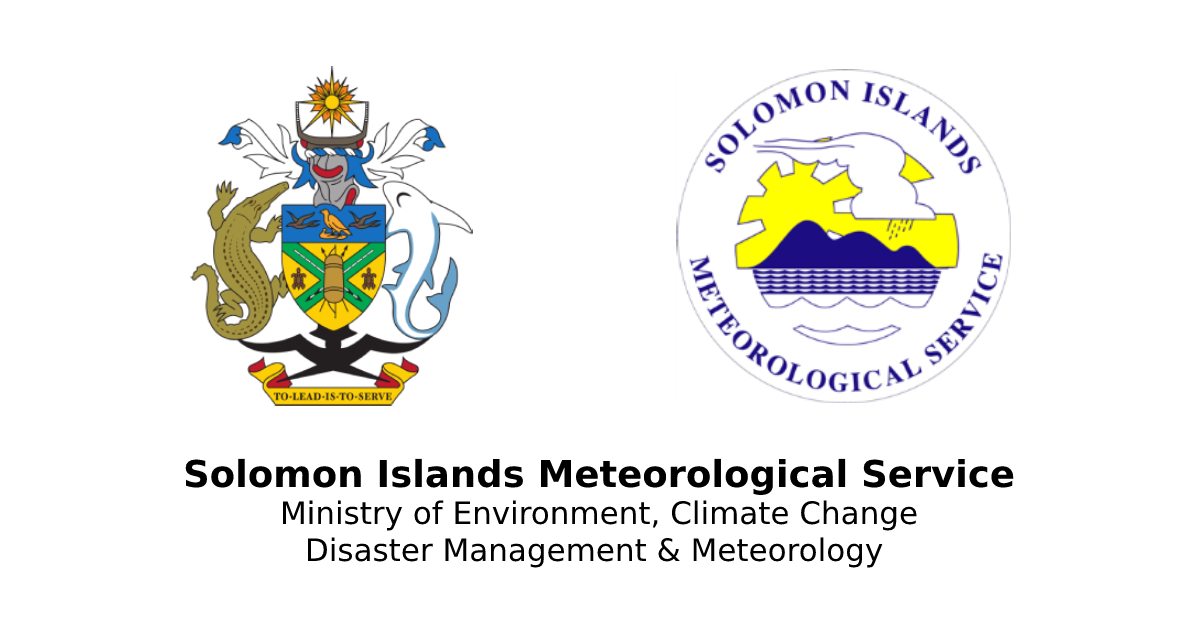

Adequate data and easy to understand information are essential elements for decision making – Iroi
As we approach the country’s tropical cyclone season, the Solomon Islands Meteorological Service (SIMS) and relevant government agencies and stakeholders are working towards preparing for the likely impacts that are associated with tropical cyclones.
Discussions will center around facilitating understanding on the contents of forecasting information in pidjin and introducing Tropical Cyclone Tracking Maps and how to use it when responding to disasters.
Speaking at the opening of the workshop, Deputy Secretary Technical in the Ministry of Environment, Climate Change, Disaster Management and Meteorology (MECDM), Mr Chanel Iroi said severe weather and climate conditions such as tropical cyclones and El Nino and La Nina phenomena can have a lot of severe impacts on the socio-economic development and livelihood of the people.
“Such events are here to stay and according to the latest IPCC Assessment Report, severity of these severe weather events such as tropical cyclones is likely to intensify. We cannot stop them from happening but we can try and minimize their impacts through provisions of early warning systems”
He added other important sectors that can be badly affected include Agriculture and food security, fisheries, health, infrastructure and others. In such events if no proper precaution is taken can result in loss of lives and properties.
In the soon to be released Corporate Plan (2022 to 2024) of the Ministry, one of the strategies that guides the responsibilities of SIMS is to Enhance Relevant, Timely, Accurate and Accessible Meteorological and Ocean Services.
Mr Iroi said the workshop is part of enhancing our national early warning system and producing new tools/products to improve our forecasting capabilities, which we hope will result in better decision makings.
He thanked the Australia’s Department of Foreign Affairs and Trade through AHP Project for funding the preparatory work and Climate and Ocean Support Program in the Pacific (COSPPac) Program for supporting the capacity within SIMS.
-MECDM Press